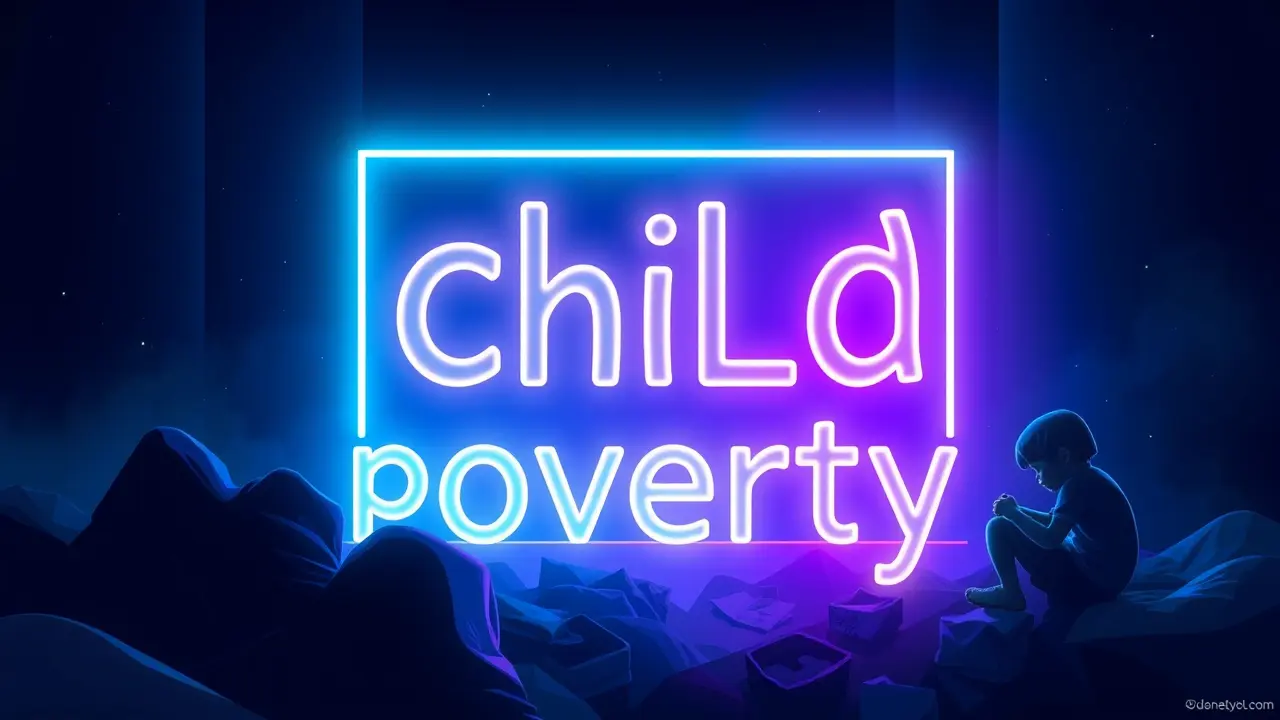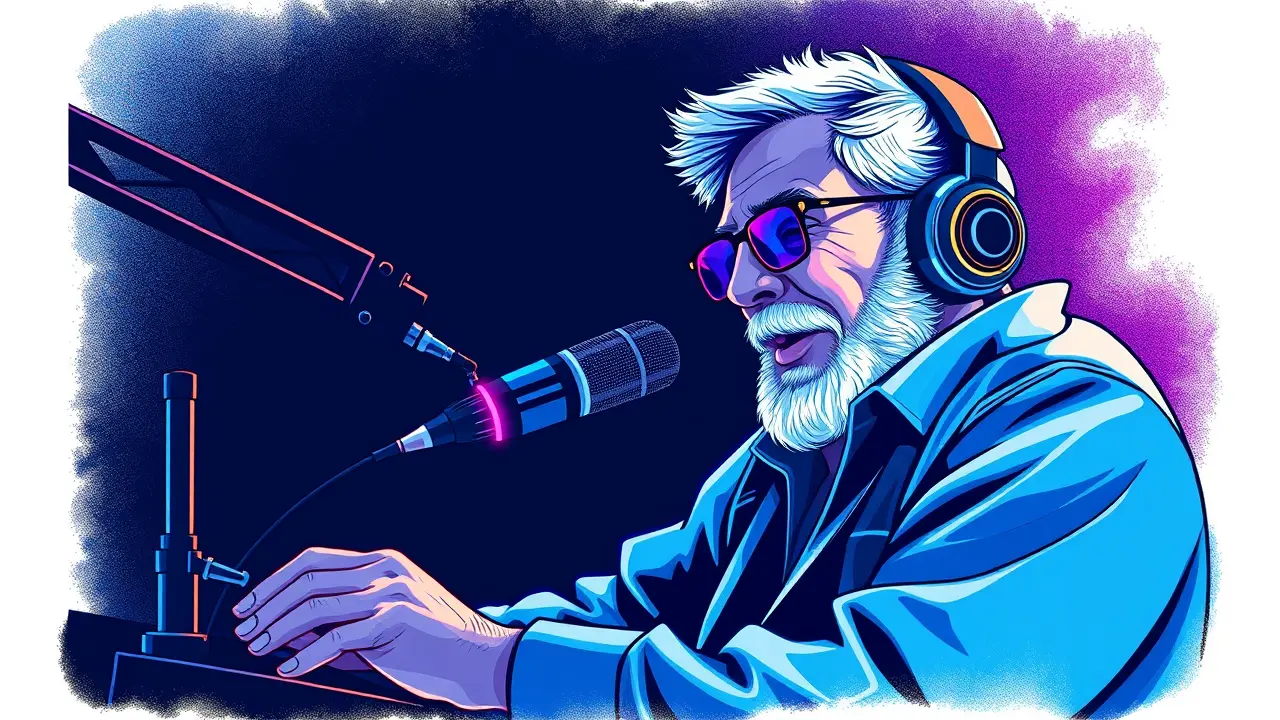
Entertainmentcelebrities
Olivia Rodrigo Condemns ICE for Using Her Song in Propaganda
BR
Brian Miller
16 hours ago7 min read
In a move that strikes a profoundly dissonant chord, the Department of Homeland Security and its Immigration and Customs Enforcement agency have co-opted Olivia Rodrigo’s punk-pop anthem 'All-American Bitch' for a propaganda campaign urging undocumented immigrants to self-deport, a decision the singer has rightfully condemned with the fury of a distorted guitar riff. This isn't just a simple case of a song being played in the wrong context; it’s a fundamental violation of the artist-audience covenant, a cynical attempt to weaponize the raw, confessional energy of a Gen-Z icon against the very communities that often find solace and solidarity in her music.Rodrigo’s track, a centerpiece from her multi-platinum album 'GUTS,' is a complex tapestry of female rage and societal expectation, its title dripping with ironic sarcasm as it critiques the impossible standards placed on young women. To strip this nuanced critique of its intent and repurpose it as a jingoistic call for deportation is not only ethically bankrupt but also artistically illiterate, the equivalent of using Bob Dylan’s 'Masters of War' to soundtrack an arms fair.The incident immediately calls to mind the long, sordid history of politicians misappropriating music, from Ronald Reagan’s failed attempt to use Bruce Springsteen’s 'Born in the U. S.A. '—a song about a Vietnam vet’s bleak homecoming—as a patriotic anthem, to Donald Trump’s persistent use of artists like Adele and The Rolling Stones at rallies despite their cease-and-desist orders.What makes this modern iteration particularly insidious is its targeted, digital nature, leveraging a artist's cultural capital to lend a veneer of cool legitimacy to a harsh enforcement action. The backlash was swift and unified across the music industry, echoing past standoffs where artists like Twisted Sister fought against their music being used in torture at Guantanamo Bay, or when the band Survivor sued Newt Gingrich for using 'Eye of the Tiger.' This raises critical questions about moral rights and copyright law; while a performance venue may have a blanket license from PROs like ASCAP or BMI, that does not grant the government an implied endorsement, opening a potential legal battle over false affiliation under the Lanham Act. Ethically, the maneuver reveals a deep understanding of soft power and cultural warfare, a strategy of using an artist’s voice to deliver a message that would sound authoritarian coming directly from a government official.The potential consequences are a further erosion of trust, not just in institutions, but in the very idea of music as a safe, communal space, potentially pushing artists to be more restrictive with their licensing in ways that could impact everything from streaming to political campaigns. For Rodrigo, this is a defining moment, cementing her transition from a pop star into a cultural force willing to defend the integrity of her work and the dignity of her fans. In the end, this saga is a brutal reminder that in the age of algorithmic propaganda, a song is never just a song—it’s a weapon, a shield, or a declaration of war, and artists must remain vigilant guardians of their own chorus.
#Olivia Rodrigo
#ICE
#self-deportation
#protest
#featured
#political controversy
#music rights
Stay Informed. Act Smarter.
Get weekly highlights, major headlines, and expert insights — then put your knowledge to work in our live prediction markets.
Related News
© 2025 Outpoll Service LTD. All rights reserved.


